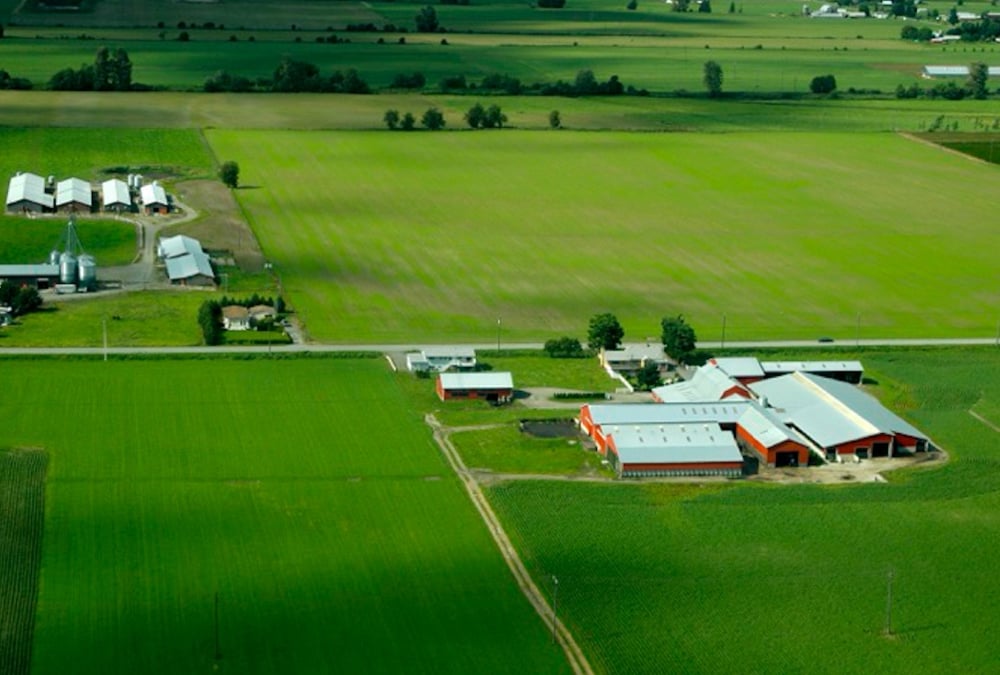Wilmot Township not a willing host for industrial site

The Fight for Farmland landowners group continues to ask why the Region of Waterloo won’t disclose details about proposed expropriation of 770 acres of prime farmland in Wilmot Township.
Read Also

May-June sees low pest pressure in Southern Ontario
A mild winter increased concerns about increased pest pressures for spring and early summer, but according to several agronomists, harmful…
Why it matters: A 770-acre parcel of prime farmland may be expropriated by the Region of Waterloo.
The group comprises 11 of the landowners who will be affected by expropriation, as well as concerned citizens. It held two town hall meetings last month to share the information it has — and have not — been able to gather about why Waterloo Region wants the land and for what purpose.
Nearly 150 attendees at the June 20 meeting in New Hamburg were told the issue goes beyond the six farms and residential properties directly affected. It is expected to affect the entire township.
Group spokesperson Alfred Lowrick gave an overview of the group’s activities. It has held rallies and attended council meetings to raise awareness and gather information, but it has been a struggle to get answers from any level of government.
“It seems that all politicians are bound by either the Municipal Act or non- disclosure agreements,” he said.
Information so far has “been based on our investigations or experience and knowledge, as well as unofficial documents and discussions we’ve had with people that have retired from various planning for programs or for the region and other townships,” Lowrick said.
He believes the group’s persistence is starting to pay off. He said requests for technical data “may be forthcoming soon” because the group has been invited to attend a planning department meeting.
The group believes the area in question has been chosen in response to Premier Doug Ford’s request last year that municipalities assemble land for future industrial projects. The Wilmot township land is flat and is near highways 7 and 8, rail lines and hydro.
Lowrick noted that regional planning staff requested $5 million for land assembly studies in late 2023, but due to budget constraints, regional council cancelled the project. At the time, council noted the region already had more than 1,500 acres of land available near Highway 401 and the airport.
But “we started to connect the dots” when landowners were approached in January by Kitchener-based Vive Developments with offers to purchase their land, said Lowrick. All landowners refused, and in March, a U.S.-based consultancy company hired by the Region of Waterloo, called Canacre, came calling with another purchase offer.
“The questions you have to ask yourself is how Canacre could finance the purchase when council said it didn’t have $5 million to acquire land,” said Lowrick. “And even more troubling was how did Vive Developments know about the mega project site in advance of everyone else with their offers in January?”
The region’s official plan for land use spans 30 years and is reviewed every five years. The last review was in August 2022.
“It’s not a light process,” said Lowrick, and requires consultations, public meetings and environmental assessments. As far as the group is aware, no studies have been done on the effects of an industrial site.
“We don’t know what will happen with our drinking water or water aquifer integrity, sewage treatment, capacity and cost of upgrades, roadway and rail planning including costs, impact on agriculture, effects on the environment and the impact on employment.”
Mark Reusser, vice-president of the Waterloo Federation of Agriculture, told attendees that if the land is used for an industrial site, “farming will be less viable” in the region for the affected farmers and for those in the surrounding area.
An industrial site of this scale, which is 1.5 times the size of Disneyland (including its parking lots), means hundreds or thousands of workers driving to and from the area.
“It will make it difficult to farm and it will change the character of our community,” said Reusser.
The Fight for Farmland group encouraged attendees to put up lawn signs (available through the fightforfarmland.com website) and educate others on what is at stake.
Source: Farmtario.com

